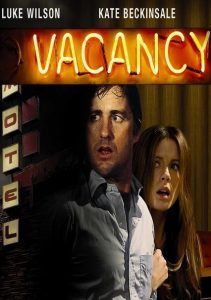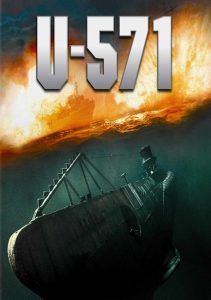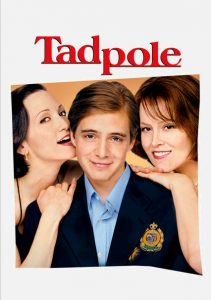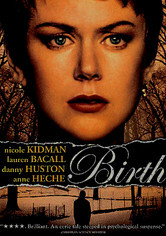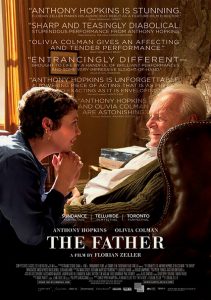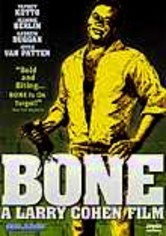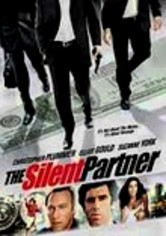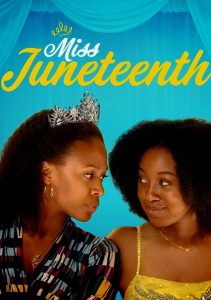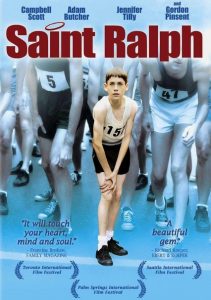Emma-2020
Director-Autumn de Wilde
Starring-Anya Taylor-Joy, Johnny Flynn
Scott’s Review #1,128
Reviewed March 31, 2021
Grade: B
I haven’t read the classic Jane Austen novel written in 1815 nor have I seen the 1996 film version starring Gweneth Paltrow. Neither of these is a prerequisite to enjoying the 2020 version of Emma starring Anya Taylor-Joy in the lead role of Emma Woodhouse.
The film, while set in the early nineteenth century, feels incredibly contemporary and seemingly makes little attempt at a classic style save for the hair, makeup, and costumes. These items are splendid, and the high point, and make the film stylish and bright.
Beautiful, smart, and rich, Emma (Taylor-Joy) enjoys her matchmaking skills that sometimes lead to awkward or failed matches and romantic missteps. She claims to not be interested in her romance or potential suitors though that changes with time.
She struggles with the challenges of growing up, though she is pampered and has a habit of involving herself in other’s business. Emma is also mischievous and not always kind though deep down she is a good person and has regret when she hurts someone’s feelings with her antics.
In a good, coming of age way, she finally realizes that love for her and a proper match of her own has been there all along and staring her in the face.
The film begins with Emma’s governess, Miss Taylor (Gemma Whelan), marrying and becoming Mrs. Weston. She and Emma are best friends and Emma is saddened so she settles on Harriet Smith (Mia Goth), a younger girl whom Emma supposes is the unclaimed child of a gentleman; Harriet’s parents are unknown, but her education has been provided for. They become bonded and Emma’s influence is immeasured.
Taylor-Joy does a wonderful job in the title role and carefully makes Emma naughty and sometimes unlikable before carefully reeling her in with an act of kindness. She has no malice in mind but is often bored and looking for excitement. I found myself rooting for her to find romance with Mr. Knightley (Johnny Flynn), which she does but not without a hurdle or two on the way.
Other characters come and go with flirtations and romantic possibilities explored.
Speaking of Flynn, the actor is rumored to play rock icon David Bowie in a future theatrical feature. A real musician, Flynn should be the perfect casting for that important part. He is the only character to show some flesh, his bare bum, in Emma and one wonders if female director Autumn de Wilde did this purposefully. After all, traditionally in cinema, it’s been the female who is more commonly nude. Turnabout is fair play.
While Taylor-Joy is good she is nearly upstaged by the delightful Goth who is fabulous as the insecure and impressionable Harriet. With humor and innocence, she makes her character quite likable. I’d like to see more from this young actress. Bill Nighy is perfectly cast as the comical father of Emma while Miranda Hart as Miss Bates steamrolls over every scene she is in.
Some inconsistencies exist especially where Miss Bates is concerned. A quick mention that Miss Bates and her family had once been rich and are now struggling is not explored where it reportedly was in the novel.
Dividing the film into seasonal sections (Autumn, Winter, Spring, and Summer) is a good decision and makes it more like a novel. The winter snow and Christmas festivities along with a summer picnic do wonders to add fresh atmospheric tidbits. The many scenes of delicious spreads of food and drink laid out for hungry eyes to see offer a robust and colorful glimpse of the culture.
The vibrancy, the food, and the aforementioned clothing, all brimming with richness based on the seasons are the main draw. The castles and large houses featured surely small-town English style brim with vastness and atmosphere.
Emma (2020) is a fun film and the story is not the best part of it. Predictably, all characters wind up with romantically who they should wind up with and there is a happily ever after sensibility.
Adolescents can easily sit in comfort with their mother and father and enjoy the lightweight affair. Nobody will be offended and all will be satisfied. It’s a solid romantic period piece.
Oscar Nominations: Best Costume Design, Best Makeup & Hairstyling

